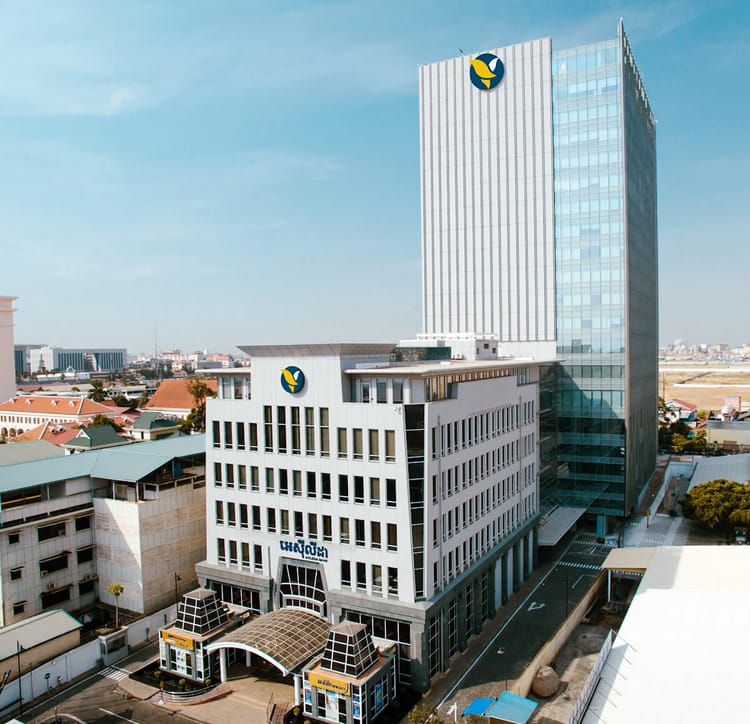Cambodia Public Bank Is Not Cambodian

A Name That Misleads
Despite the name, Cambodia Public Bank is not a Cambodian institution. It is wholly owned and operated by Public Bank Berhad, one of Malaysia’s largest financial institutions. Decisions are made in Kuala Lumpur, not Phnom Penh. Profits flow outward. And yet, to many Cambodians, it appears to be a national bank.
A Broader Pattern of Foreign Control
This is not an isolated case. Today, Malaysia has a dominant footprint in Cambodia’s financial sector. At least five major Malaysian banks are active in the country:
- Cambodia Public Bank Plc (Campu Bank)
- Maybank Cambodia
- CIMB Bank PLC
- RHB Indochina Bank Limited
- Hong Leong Bank (Cambodia) PLC
Exporting Saturation, Importing Risk
These banks entered the Cambodian market not out of partnership, but out of necessity. Saturated at home and facing diminishing returns, Malaysian banks sought growth abroad. Cambodia, with its high yields and permissive regulatory environment, became a convenient destination.
The Illusion of Local Banking
The result is a financial system where foreign banks control large swathes of local credit and deposit markets. They present themselves as partners in Cambodia’s development, but their primary accountability lies elsewhere. Governance, capital planning, and risk tolerance are dictated from abroad.
A Case in Point: Public Bank Cambodia
Public Bank Cambodia operates under a name that implies local ownership and alignment. In practice, it is a Malaysian outpost with a Cambodian label. This blurring of identity masks the deeper issue: Cambodia’s banking system is increasingly foreign-run, but locally branded.
What Happens When Crisis Hits?
That matters. When financial systems are dominated by external actors, local resilience weakens. Foreign banks can withdraw capital in times of crisis. They can delay or deny credit based on external calculations. And they often repatriate profits rather than reinvest in the local economy.
Reassessing the Model
The presence of foreign banks is not inherently negative. But the current imbalance raises serious questions. Who controls Cambodia’s financial levers? Whose interests are being served? And how much strategic capacity is being outsourced under the banner of investment?
What Cambodia Needs Now
A mature financial system requires more than capital. It requires commitment. Transparency. Local accountability. Cambodia must begin to ask whether the current model of foreign-dominated banking delivers those outcomes—or whether it leaves the country dependent, exposed, and misled.
All data and institutional affiliations are accurate at the time of writing.




